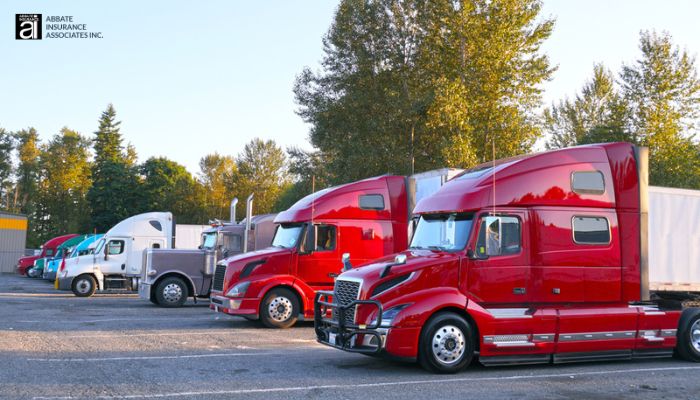What Is Fleet Insurance and How It’s Different from Commercial Auto Insurance?

Businesses that rely on vehicles face unique insurance needs. Whether your company operates a few delivery vans or a large number of service trucks, protecting these assets is essential. Fleet insurance and commercial auto insurance both offer coverage, but they differ in scope and purpose. Knowing which type of insurance is best for your business can save costs and streamline the claims process.
Understanding Fleet Insurance
Fleet insurance is designed specifically for businesses with multiple vehicles, usually three or more. Rather than insuring each vehicle individually, fleet insurance allows companies to cover all vehicles under one policy. This approach simplifies managing coverage, making it easier to ensure each vehicle is properly insured and often reducing paperwork.
A typical fleet insurance policy provides liability coverage for damage or injury caused to others, comprehensive coverage for damage to company vehicles, and coverage for medical expenses following an accident. This bundled approach makes fleet insurance a cost-effective and convenient solution for businesses with large vehicle counts.
Key Benefits of Fleet Insurance
They are –
Cost Savings: Insuring multiple vehicles under a single policy often reduces overall costs compared to separate policies. Fleet insurance providers typically offer discounts for volume, especially for businesses with a strong safety record.
Simplified Management: Fleet insurance consolidates coverage, meaning you manage only one policy, regardless of how many vehicles are in use. This ease of management is particularly beneficial for growing companies that may add or remove vehicles from the fleet over time.
Customizable Coverage: Fleet insurance policies can be tailored to meet the specific needs of your business, including customizable liability limits, coverage for specific drivers, and additional coverage options like roadside assistance or rental reimbursement.
How Fleet Insurance Differs from Commercial Auto Insurance
While both fleet insurance and commercial auto insurance protect business vehicles, they serve different purposes based on the number of vehicles and the business’s operational needs.
Number of Vehicles: Commercial auto insurance is typically designed for businesses with a small number of vehicles, such as a single company car or two service vans. For businesses with several vehicles, fleet insurance is more practical, allowing for bulk coverage under one policy.
Cost Efficiency: If you operate a large number of vehicles, fleet insurance is often more cost-effective than commercial auto insurance. This is because fleet insurance policies are specifically structured for volume, providing discounts and reducing administrative costs.
Flexibility: Commercial auto insurance may require separate policies for each vehicle, each with its own renewal date and terms. Fleet insurance, however, covers all vehicles under a single policy, making it easier to add or remove vehicles and drivers as the fleet changes. This flexibility can be a significant advantage, particularly for seasonal businesses or companies that frequently upgrade or replace vehicles.
Which Option Is Right for Your Business?
If your business operates only a couple of vehicles, a commercial auto insurance policy may be the simplest and most affordable option. However, if you manage a large or growing fleet, fleet insurance offers better savings, ease of management, and customization.
Stay Protected with Our Tailored Fleet Insurance Solutions
Choosing the right insurance for your business vehicles is crucial to protecting your assets and managing risks. At Abbate Insurance Associates Inc., we can help you assess your business’s needs and recommend the best coverage, whether you require fleet insurance, commercial auto insurance, or a combination of both. Contact us today to safeguard your business fleet effectively and affordably. Call us at (203) 777-7229 to get started.



